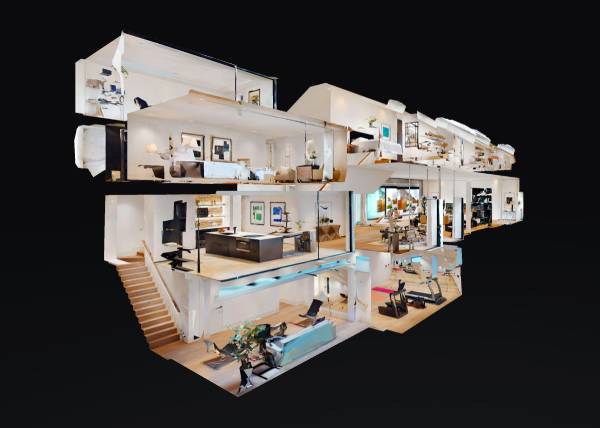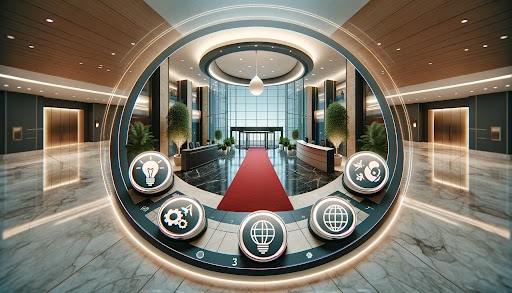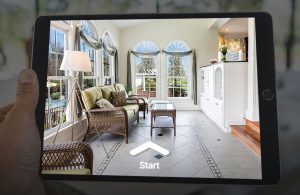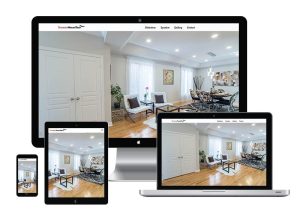Mastering the Digital Frontier: Achieving Online Dominance in Real Estate Marketing
I. Introduction A. Definition of online dominance in the context of real estate marketing.
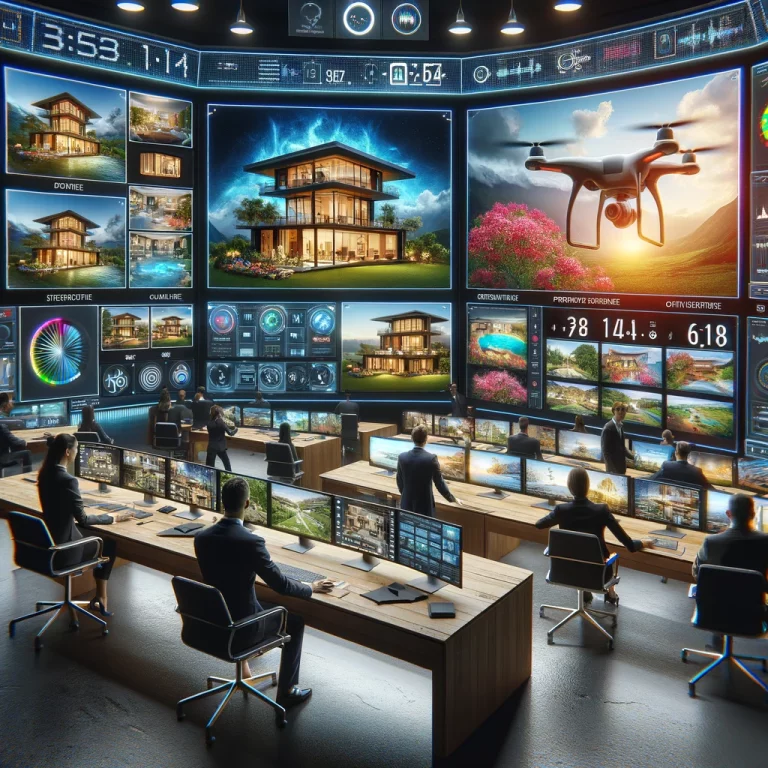
Overview of its importance in the digital landscape of real estate
II. Importance of Online Dominance in Real Estate Marketing.
A. The digital-first approach of homebuyers and sellers.
B. Impact on leads, conversions, and sales.
C. Influence on market trends and property presentations
D. Role in data-driven marketing strategies.
III. Strategies for Achieving Online Dominance.
A. Search Engine Optimization (SEO) for higher visibility.
B. Content marketing to engage and add value.
C. Active and strategic social media presence.
D. User-friendly websites with advanced functionalities.
E. Leveraging reviews and testimonials.
F. Integration of virtual tours and high-quality property visuals.
G. Responsive online customer service.
IV. Challenges in Establishing Online Dominance.
A. Competitive digital landscape in real estate marketing.
B. Keeping up with digital marketing trends and technology.
C. Navigating search engine algorithm changes.
D. Resource and expertise requirements for quality online presence.
V. Impact of Online Dominance on Buyers and Sellers.
A. Benefits for buyers: Access, information, and informed decisions.
B. Benefits for sellers: Broad exposure and potentially better deals.
C. Potential drawbacks: Market concentration and impact on property valuations.

“Boosting Online Dominance Reach and SEO Mastery in Real Estate Marketing”
I. Introduction
A. Explanation of the first dimension focusing on expanding online presence through SEO mastery.
B. Importance of an effective digital strategy in the competitive real estate market.
II. Mastering SEO for Enhanced Online Dominance Visibility.
A. Website Optimization
1. Importance of SEO in improving website rankings on search engine result pages.
2. Strategies for creating search engine-friendly real estate listings.
B. Keyword Research
1. Techniques for identifying relevant keywords.
2. Incorporation of keywords into website content and listings.
C. Content Creation
1. Role of engaging and informative content in attracting potential clients.
2. Best practices for content creation in real estate marketing.
III. Developing a Winning Social Media Strategy
A. Social Media Platforms
1. Overview of platforms such as Instagram, Facebook, LinkedIn, etc.
2. Benefits of using these platforms to showcase properties and share success stories.
B. Social Media Advertising
1. Utilizing targeted advertising to reach specific demographics.
2. Crafting effective ad campaigns for property listings.
C. Engaging with the Audience
1. Strategies for building relationships through regular engagement.
2. Importance of responsiveness and interaction with followers.
IV. Leveraging Testimonials and Referrals
A. The Power of Social Proof
1. Impact of testimonials and referrals on building trust and credibility.
2. Methods for collecting and showcasing client testimonials online.
B. Referral Strategies
1. Techniques for encouraging satisfied clients to refer others.
2. Integration of referral programs into the digital marketing strategy.
V. Original Digital Content Distribution
A. Content Marketing
1. Role of original content in establishing industry authority.
2. Types of content valuable to real estate clients, such as market insights and buying/selling tips.
B. Distribution Channels
1. Utilizing various online platforms to share and promote content.
2. Strategies for maximizing content reach and engagement.
VI. Differentiating in the Market
A. Unique Value Proposition
1. Identifying and promoting what sets your real estate service apart.
2. Tailoring marketing messages to highlight unique offerings.
VII. Conclusion
A. Summary of key strategies for boosting online reach and mastering SEO in real estate.
B. Encouragement to implement these strategies for achieving online dominance and success in the real estate market.
For more detailed strategies and insights on achieving online dominance in real estate marketing, exploring content and modules offered by our platform V6D can be beneficial.
Mastering the Digital Frontier: Achieving Online Dominance in Real Estate Marketing Read More »

